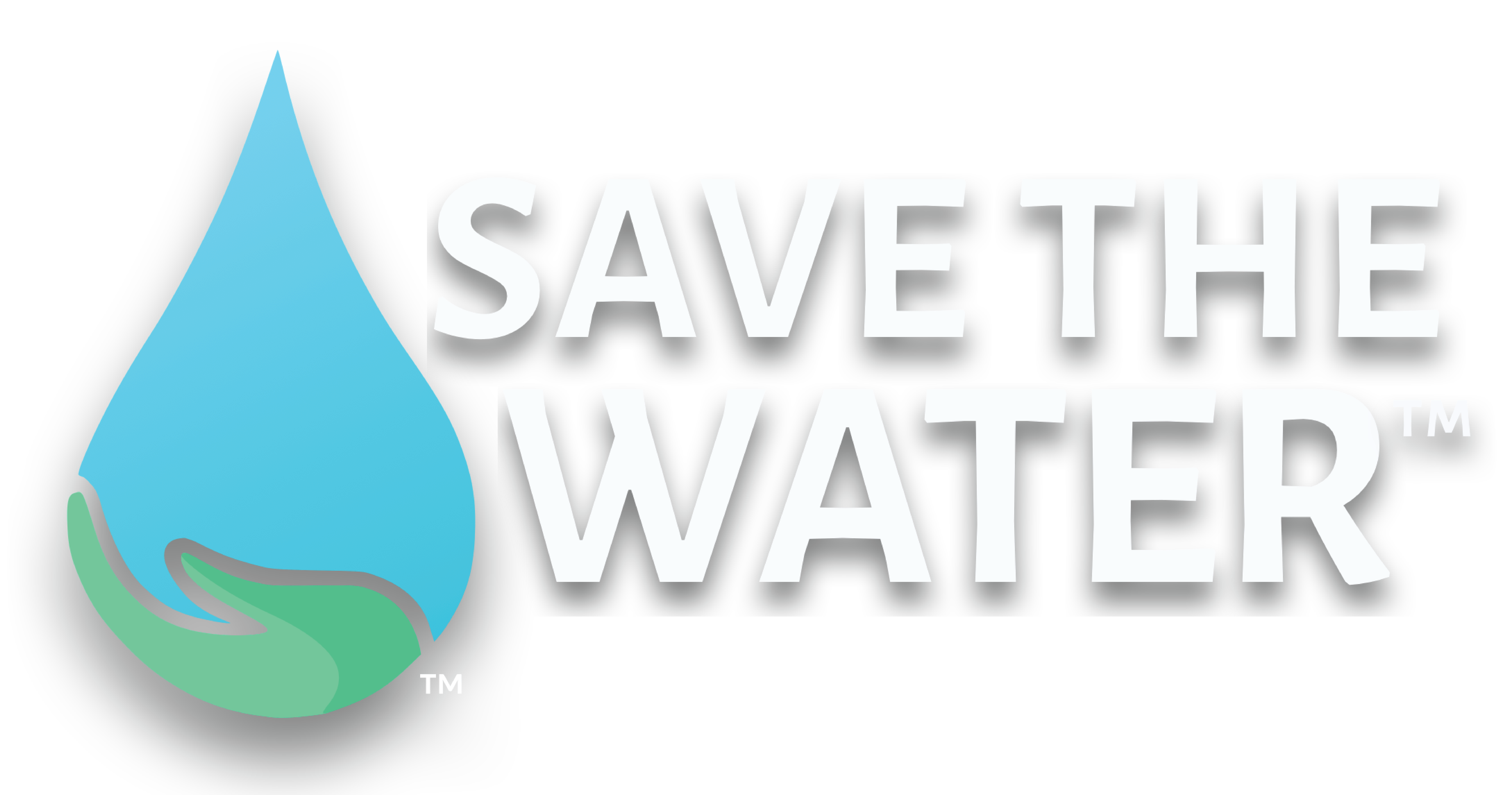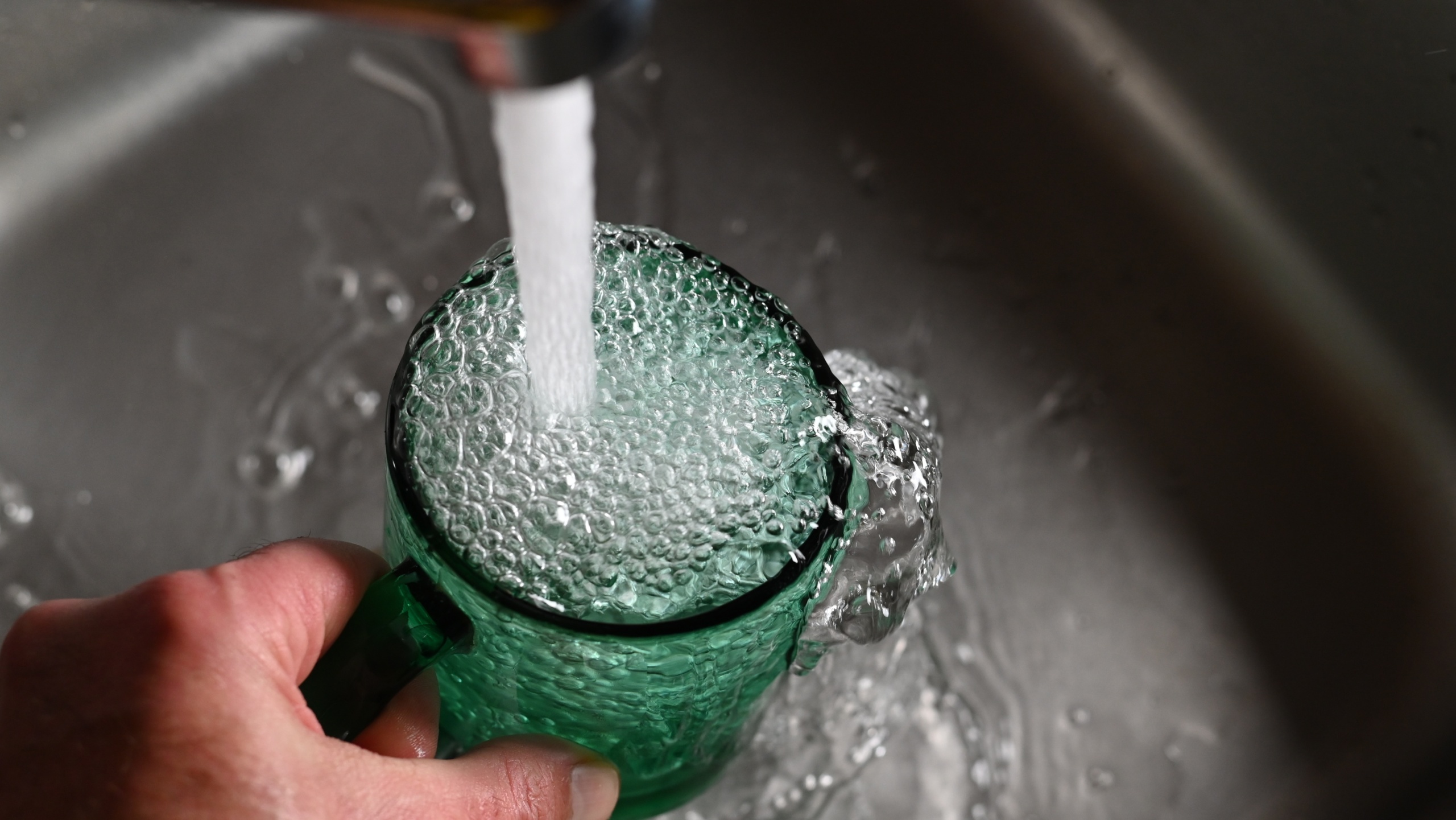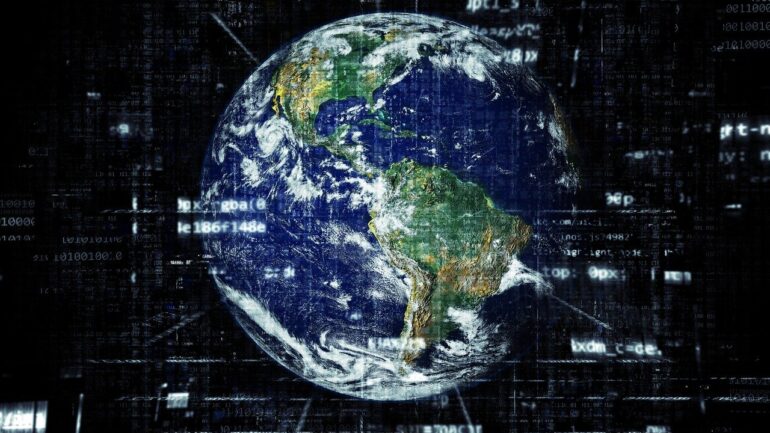By Samhar Almomani, Publishing Associate: Researcher and Writer at Save the Water™ | May 21, 2023
Forever Chemicals, i.e., per- and polyfluoroalkyl substances (PFAS), are difficult to eliminate and stay in the environment for a long time. Researchers and engineers at the University of British Columbia (UBC) are working on eliminating these chemicals. Specifically, they have developed a new water treatment. This treatment would result in tap water that is safer to consume. The Canadian researchers have begun launching a real-world pilot.
This new treatment proves exciting because it may permanently remove forever chemicals. As a result, people with water treated with this technology need not worry about forever chemicals lingering in their water supply.
What Are Forever Chemicals?
Forever chemicals, or (PFAS), are widely used chemicals which are considered long lasting. Their nickname reflects the fact that they take a long time to break down. Because people use PFAS a lot, PFAS persist in the environment. The chemicals are resistant to water, grease, and heat. Therefore, these chemicals are often found in the blood of people and animals. PFAS are also present in small amounts in various foods and the environment.
“When they get in our body, they accumulate,” said Dr. Madjid Mohseni, the UBC chemical and biological engineering professor who spearheaded the new treatment. “They don’t break down and they interfere with a lot of functions that our body does.”
Why Are Forever Chemicals Considered Dangerous?
The United States Environmental Protection Agency (EPA) has proposed strict limitations on six types of PFAS, as public health experts are now learning about the dangerous effects of these chemicals. A number of studies link PFAS with:
- A higher risk of developing cancer
- High cholesterol
- Thyroid disease
- Liver damage
- Respiratory issues, such as asthma and allergies
- Reduced vaccine response in children
Studies on lab animals have shown that PFAS cause several developmental problems. The forever chemicals have been observed to cause low birth weight, birth defects, delayed development, and, in some serious cases, have been fatal.
What The New Treatment Means
UBC developed this highly effective treatment. Dr. Majid Mohseni has said that it removes up to 99 percent of all PFAS in the water supply. This could prove life-changing for remote communities. The treatment works by using an absorbing material that was devised by the UBC team. This material can trap and hold all the PFAS in the water supply.
Then, special electrochemical and photochemical techniques permanently destroy the PFAS. The same lab also developed these treatments. This new technique could offer a cost-efficient way to ensure safe water supplies.
Another exciting aspect of this treatment is that the PFAS particles can be regenerated and potentially reused. As a result, PFAS would not be absorbed and then wasted. Instead, the chemicals could be used for other safe, useful purposes.
“Our absorbing media captures up to 99 per cent of PFAS particles and can also be regenerated and potentially used,” said Dr. Majid Mohseni. “This means that when we scrub off the PFAS from these materials, we do not end up with more highly toxic solid waste that will be another major environmental challenge.”The study will take about six months to complete. Dr. Mohseni’s team will also monitor similar pilot projects in Quebec as well. Earlier this year, a study earlier this year showed that 99.3 percent of the tap water samples from 376 municipalities in Quebec were found to be positive for at least one PFAS. Evidently, change is needed to ensure a safer water supply.





